As we head into the colder part of the year, the financial reality of living in and heating our rural home has me shivering, and I am not alone.
In the north of Scotland, the challenging weather, energy-inefficient housing stock and lack of heating fuel choices make bills unaffordable for many. I appreciate that I chose to live in the countryside, but I still struggle to understand why rural communities are so heavily penalised financially when it comes to heating their homes.
Most rural dwellers have no choice over the fuel they can use, simply because they are not on mains gas supply. This typically means we have to use electricity or domestic heating oil, which costs significantly more. By living outside large towns and cities, we are already punished with higher prices for goods, and fewer options for public transport, healthcare and other vital services, so it seems especially unfair to be penalised again.
The 2019 Scottish Government Scottish House Condition Survey shows Scotland has an overall average fuel poverty level of 24.6%, with 12% of people affected by extreme fuel poverty. These figures will now likely be significantly higher as a result of more recent energy price rises.
The survey also shows that the Highland region has both the highest levels of fuel poverty (with a rate of 33%) and the highest levels of extreme poverty (22%) in Scotland. In Aberdeenshire, 24% of people live in fuel poverty, and 15% in extreme fuel poverty.
The level of off-grid customers across Scotland as a whole is 17%, but in the Highlands the figure dramatically rises to 61% of homes. Put simply, rural Scotland suffers greater fuel poverty than the rest of the country.
An extra jumper won’t solve this problem
On a recent two-day visit to Inverness, the Scottish fuel poverty advisory panel heard of those experiencing the effects of fuel poverty and the everyday challenges people across the Highlands are facing. The panel learned how rationing energy or under-heating a home can be the norm, and the impact this has on both physical and mental health.
Matthew Cole, chair of the panel explained: “As households head into winter, they’re contending with properties that may not be wind and watertight. Higher than average levels of energy consumption are needed to maintain a ‘normal’ level of heat.
“We heard how the average £2,000 energy bill that is regularly referred to by Ofgem is dwarfed by the reality of £4,000 to £5,000 bills for many.”
This evidence needs to be a wake-up call to Scottish Government ministers about the unique challenges faced by remote and rural communities this winter. We can’t solve this by switching off the heating and putting on an extra jumper.
‘Unfairness heaped upon unfairness’
I get household heating oil with the help of a community oil group, which buys in bulk to negotiate a better price with oil companies and pass the savings on. However, the oil price fluctuates widely at the moment because demand is higher. Prices are up over 70 pence per litre and, when you add on 5% VAT, that means a 1,100 litre tank costs over £900 to fill.
I am fortunate not to be in a fuel-poor household, where more than 10% of net income is required to pay for reasonable fuel needs after housing costs, or a household in extreme fuel poverty, which is classed as having 20% of the household income spent on fuel. But, when you need to fill your heating tank, that kind of money is hard to find.
This time two years ago, the prices of the standing charges for electricity and gas were 25 pence and 27 pence respectively
There is no cheaper option available, electricity is as expensive. The daily standing charge for electricity this month is 53 pence per day, and 29 pence for gas. This time two years ago, the prices of the standing charges for electricity and gas were 25 pence and 27 pence respectively.
The chairman of the Highlands & Islands Housing Associations Affordable Warmth Group, Di Alexander, is right when he says: “It’s just unfairness heaped upon unfairness as far as electric consumers are concerned.”
Perhaps we need a radical approach, where we demolish all these uneconomical, hard-to-heat rural homes, disband small communities and relocate everyone to the Central Belt. A new Highland clearance, if you like.
A one-size-fits-all approach won’t work
Tackling fuel poverty isn’t a new problem. The Scottish Government committed to making sure no one in Scotland would be living in fuel poverty by 2016 via the Housing (Scotland) Act 2001. But that didn’t happen.
The newest fuel poverty targets are that less than 5% of households will be in fuel poverty and no more than 1% of households will experience extreme fuel poverty levels by the end of 2040, across the board in each of Scotland’s 32 local authority areas.
I don’t know what the all answers are but, as Josiah Lockhart, chief executive of environmental charity Changeworks said: “Rural Scotland suffers greater fuel poverty than the rest of the country which can’t be solved with a one-size-fits-all-approach. The solutions for Leith won’t necessarily work for Lerwick.”
I’m off outside to mull things over and keep warm by chopping some logs for the bleak midwinter to come. If only we could find a way to convert political hot air into energy then we would be able to end the rural fuel poverty crisis forever.
Catriona Thomson is a freelance food and drink writer



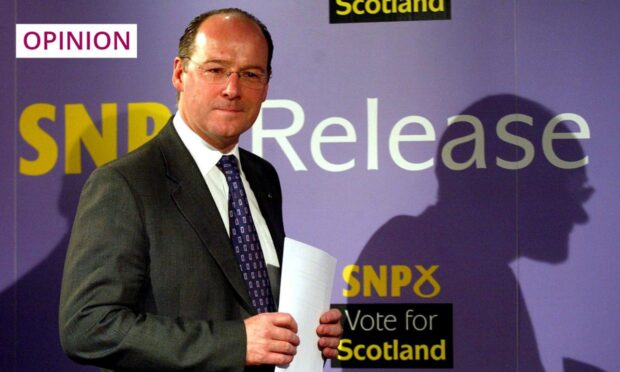
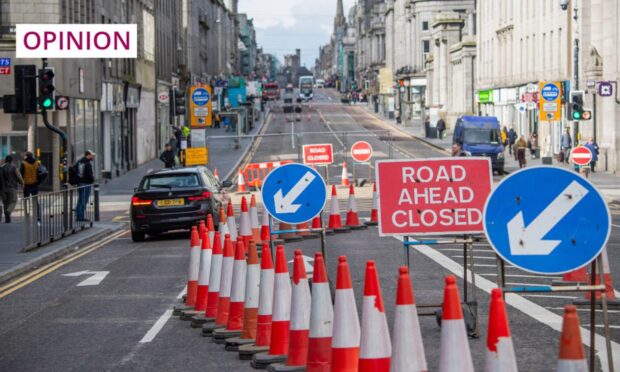
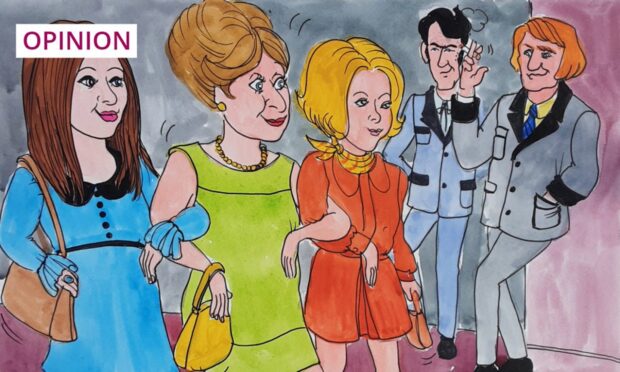
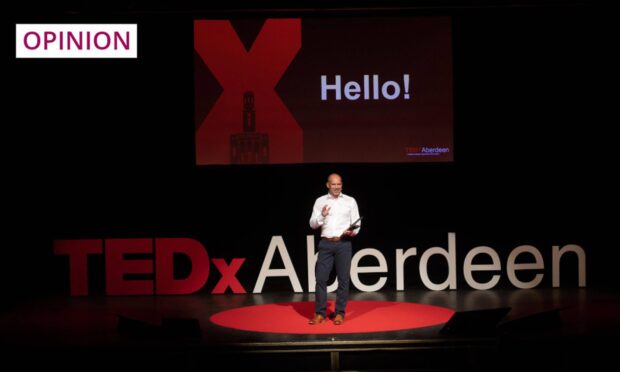
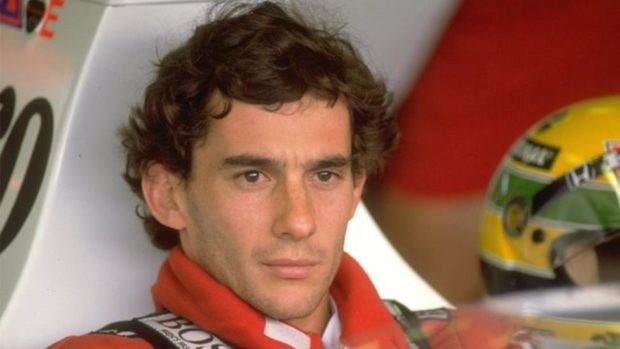
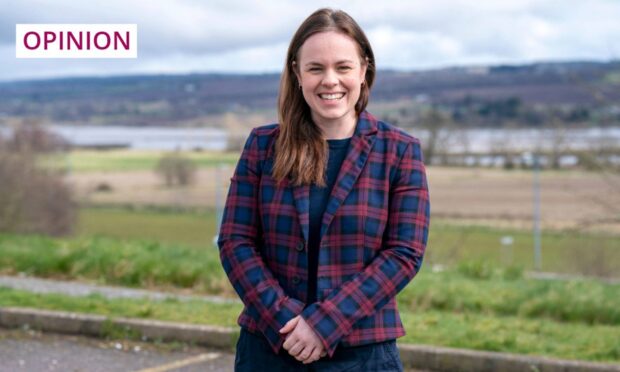
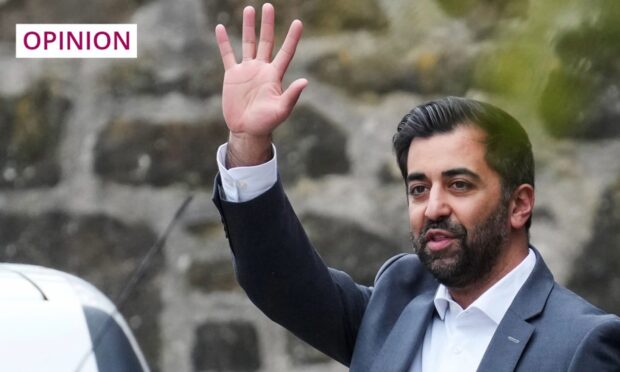
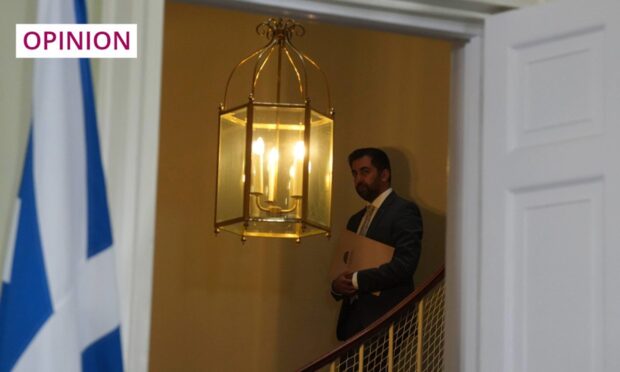


Conversation